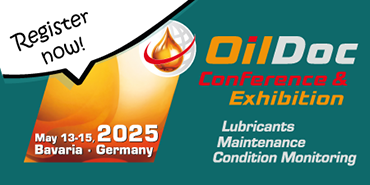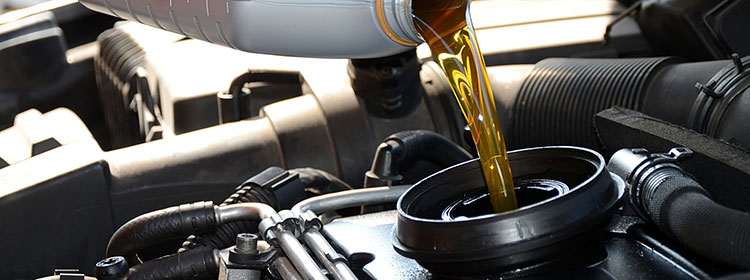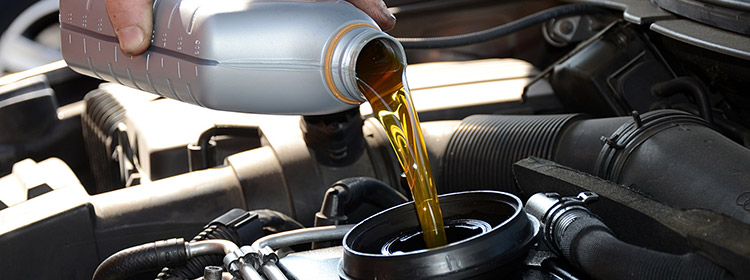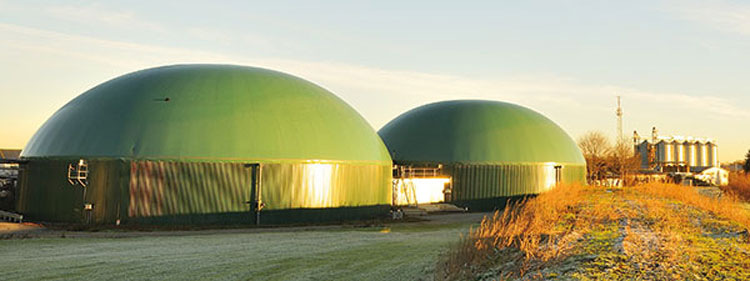Target Group
- Skilled employees and executives working in operation and maintenance of car fleets, construction machines, agricultural equipment and other with combustion engines operated vehicles, plants or facilities
- Engineers, technicians, foremans working in construction or service of engine, components or vehicle producers and their service partners
- Skilled employees of repair, engine reconditioning or service companies
- Distribution engineers and sales people of mineral oil companies and their trading partners
- Authorized experts for combustion engines
- Technically interested employees who want to extend their knowledge in the areas lubrication techniques and tribology
Aims
- Correct selection of the optimal engine oil for an economic and reliable operation of your engines
- Influence of the type and quality of fuel on the lifetime of the oil filling and the engine
- Extraction of meaningful oil samples
- Extension of oil changing intervals
- Early recognition of unusual wear and failures
- Investigation of causes of faliure after breakdowns
- Oil analysis in pro-active maintenance
- Interpretation of lab reports
- Warning values for evaluation of machine damages and oil condition






